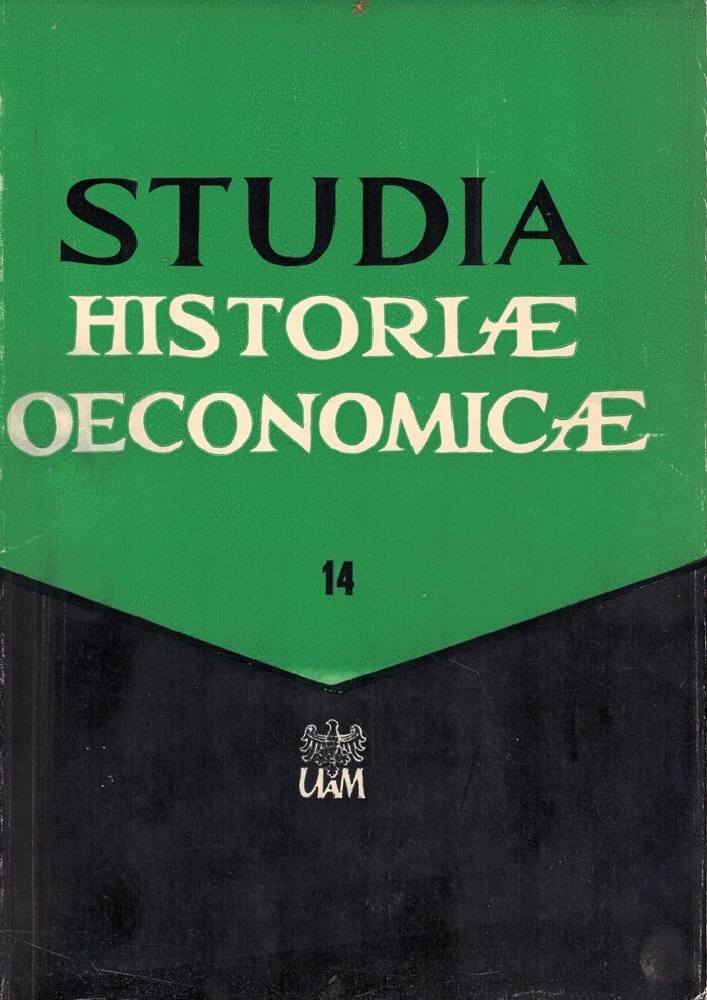Abstract
This study examines the process of militarization of the economy in the Protectorate of Bohemia and Moravia during the Nazi occupation (1939–1945), with a focus on structural changes in the management of the national economy. Under German occupation, the Czechoslovak economy underwent profound transformation: there was a significant shift in priorities from civilian production to military production, including armaments and materials necessary for waging offensive war. The aim of the research is to identify the key mechanisms of economic militarization, to analyze the role of the Czech bourgeoisie, and to assess the extent of the integration of Czechoslovak industry into the military plans of Nazi Germany. The study is based on the analysis of archival materials, legislative acts from the Protectorate period, as well as publications and memoirs of participants in the economic processes of that time. The author explores in detail the creation and functioning of the institutions of a managed economy, including industrial unions, labor exchanges, price control commissions, and ministries that operated under the control of both the occupation authorities and German monopolies. Special attention is given to the Central Union of Industry and its transformation under the fascist "Führer principle." The study concludes that the Czech large-scale bourgeoisie largely cooperated with the Nazi regime, seeking economic gain, and thereby contributed to strengthening the military potential of the Third Reich. The consequences of militarization had a negative impact on the post-war transition to a peaceful economy in the renewed Czechoslovak Republic.
License
Copyright (c) 1979 Emil Voraček
This work is licensed under a Creative Commons Attribution-ShareAlike 4.0 International License.





